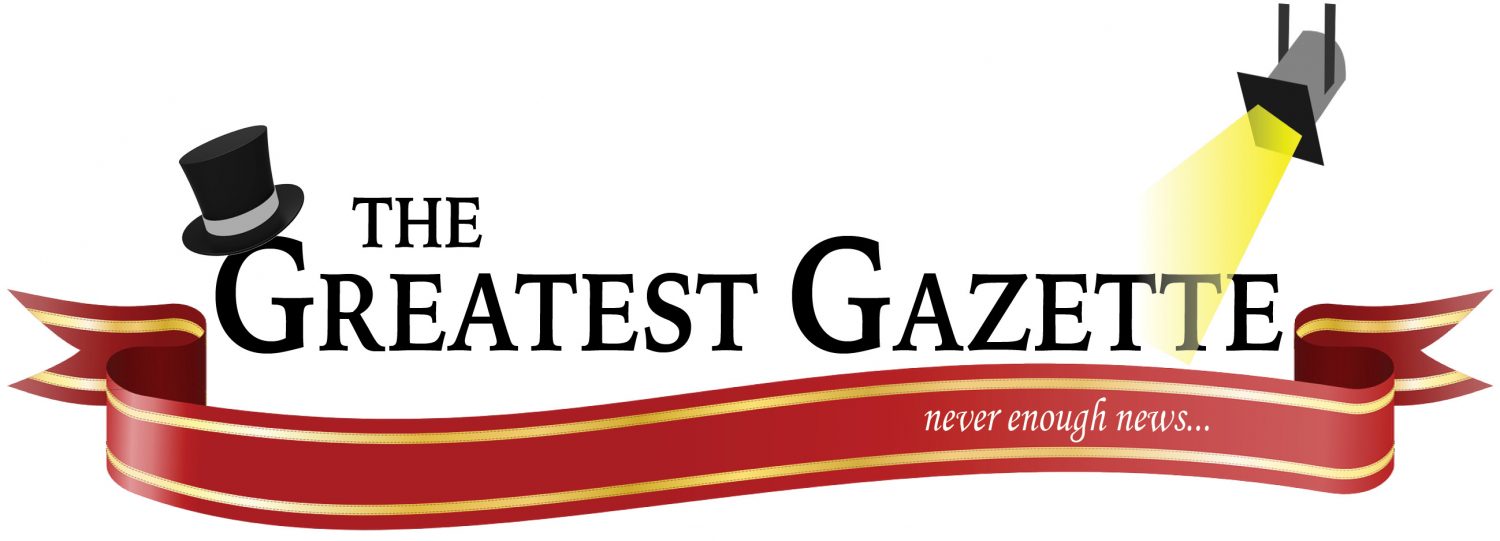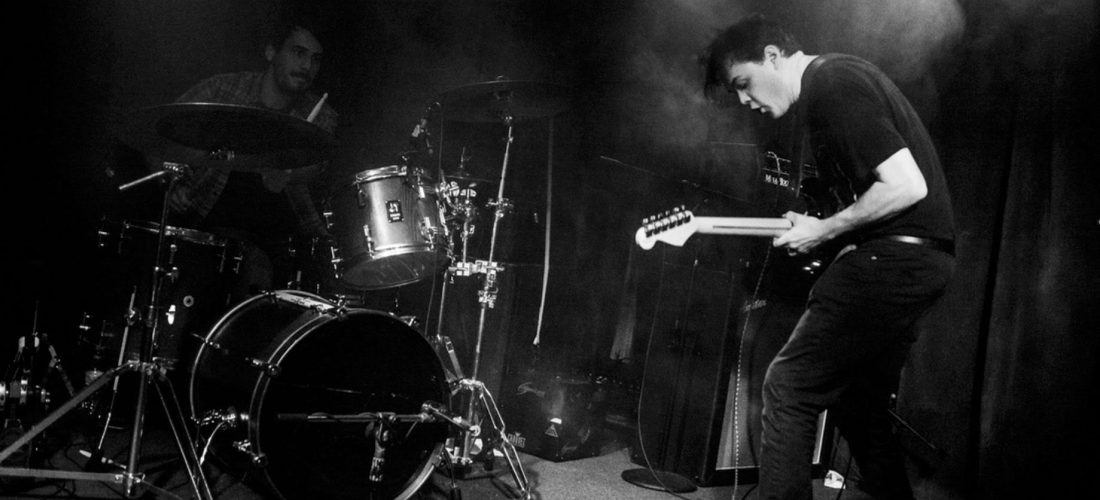By Mira Eashwaran
Punk music is typically labeled as a loud, obnoxious, and raucous cacophony of sounds varying from screechy guitar riffs to drum solos that can penetrate even the loudest crowd. It practically dominated the music scene in the 1990’s and early 2000’s, airing the laundry about mental illness, drugs, depression, politics and love. Green Day, a belligerent band incepted in Berkeley, California in 1986, still is known for being deliberately outspoken on politics, reaching their peaks during the Reagan, George W. Bush, and Trump Administrations.
Green Day, with its outspoken lead singer Billie Joe Armstrong, published their groundbreaking political album American Idiot in 2004, three years after planes crashed through the Twin Towers in New York City and one year after the U.S. invaded Iraq and overthrew Saddam Hussien’s government.
“The war on terror plays right into the kind of war that the supposed terrorists want to have with this jihad,” Armstrong told the Rolling Stone in 2005. “All of a sudden it’s not about terrorism. All of a sudden it becomes Christianity against Islam – and nothing can get the blood boiling of the fundamentalist Muslims than something like that.”
Armstrong, now a husband and father, also went through his fair share of struggle during the Vietnam War. His uncle Jay was shot during Vietnam while jumping midair in a parachute.
“From the youngest age I can remember, I thought, ‘Going in the military equals death at a young age.’ That scared the sh*t out of me and made no sense to me whatsoever,” Armstrong told John Colapinto from the Rolling Stone.
Armstrong says that he writes his songs to understand what he feels, especially during times that conversation is stagnant and invisible. He wrote the band’s bass-lined hit “Holiday” with an “apocalyptic way of writing.” Amstrong wrote the bridge of “Holiday” by pulling in phrases from Nazi Germany, the Senate, France and California. Armstrong, a polarizing force in punk music and politics, screams about the disinformation and haziness of the political environment surrounding the Iraq War, singing on the track that “this is our lives on holiday” and told Rolling Stone that the song was about people “just being stupid, tuning out and not paying attention to what’s going on”.
Armstrong isn’t the only punk rocker that understands the importance of punk culture and music culture on politics and general society. Ian Hemerlein is a graduate of the University of Georgia in Athens and his band, Kwazymoto, specializes in “experimental” music and “noise rock.” Hemerlein is 23 and majored in environmental economics and completed the Music Business Certificate at the Terry Institute. Hemerlein, who plays guitar and sings for the band, works with his friend and drummer Kody Blackmon.
Ian Hemerlein (guitar) and Kody Blackmon (drums) plays at the Caledonia Lounge on April 6, 2019 at a show celebrating their EP release. Photo by Mike White of Deadly Designs.
Although Hemerlein identifies as apolitical and indifferent to politics, he believes that “a lot of times people assume that stuff in music has to be influenced by outside forces like other bands, culture and politics. But I’m more of a fan of being a representation of your experience and being influenced by your thoughts, feelings, and experiences and looking into yourself.”
Hemerlein recounts his interest in grunge band Nirvana in high school, and says that “songs like ‘Pauly’ and ‘Rape Me’ by Nirvana definitely reflected an anti-misogynistic viewpoint that Kurt Cobain had that I thought it was cool to see, especially in 90’s grunge music. A lot of heavy music was predominantly a white-male dominated scene, so it was cool that he was an early advocate of that sort of thing.”
In terms of Green Day’s iconic song, Hemerlein said he thinks that Armstrong was “trying to make a statement on how a lot of times with these bureaucratic systems we have in place with war and the way we can treat each other. I think it can make us as people look hypocritical…”
“We have a lot of places on paper, like in our actual Constitution and religious texts that a lot of Americans use, that say that we’re supposed to be in unity and be loving and at peace with each other. But it seems like more of the time than not, we’re actually engaging in very anti-peaceful behaviors, like sending people to war.”
“I like that [punk has] always been, it can be political or not, like an attitude. To me, the attitude is…that you can say whatever you think, which is why there’s all different kinds of punk music and eras of it and how it’s affected politics and culture. It’s a way to state an opinion in a blunt, direct way,” said Hemerlein. “It really emphasizes freedom of speech in a way that freedom of speech doesn’t actually exist. Freedom of speech is supposed to be this thing that we can say whatever we want, but there’s actually a ton of ways in which we’re all censored because people are extremely offended by things. In the punk realm, I feel like [freedom of speech] exists more.”
Punk culture has had an intense effect on politics, from the Iraq War to the current political climate. It’s meant to be unleashed, free and liberating. Punk rockers today are exercising their freedom of speech enshrined in the Constitution, with no holding back.
“Rock & roll should be dangerous,” Armstrong told Rolling Stone. “It should be striking and stir questions.”
According to Rolling Stone, as an explosive leather-ridden punk idol once screamed into a microphone, “They don’t have the power! You’re the f*ckin’ leaders! We elect these people into office! Don’t let them dictate your life or tell you what to do!”

